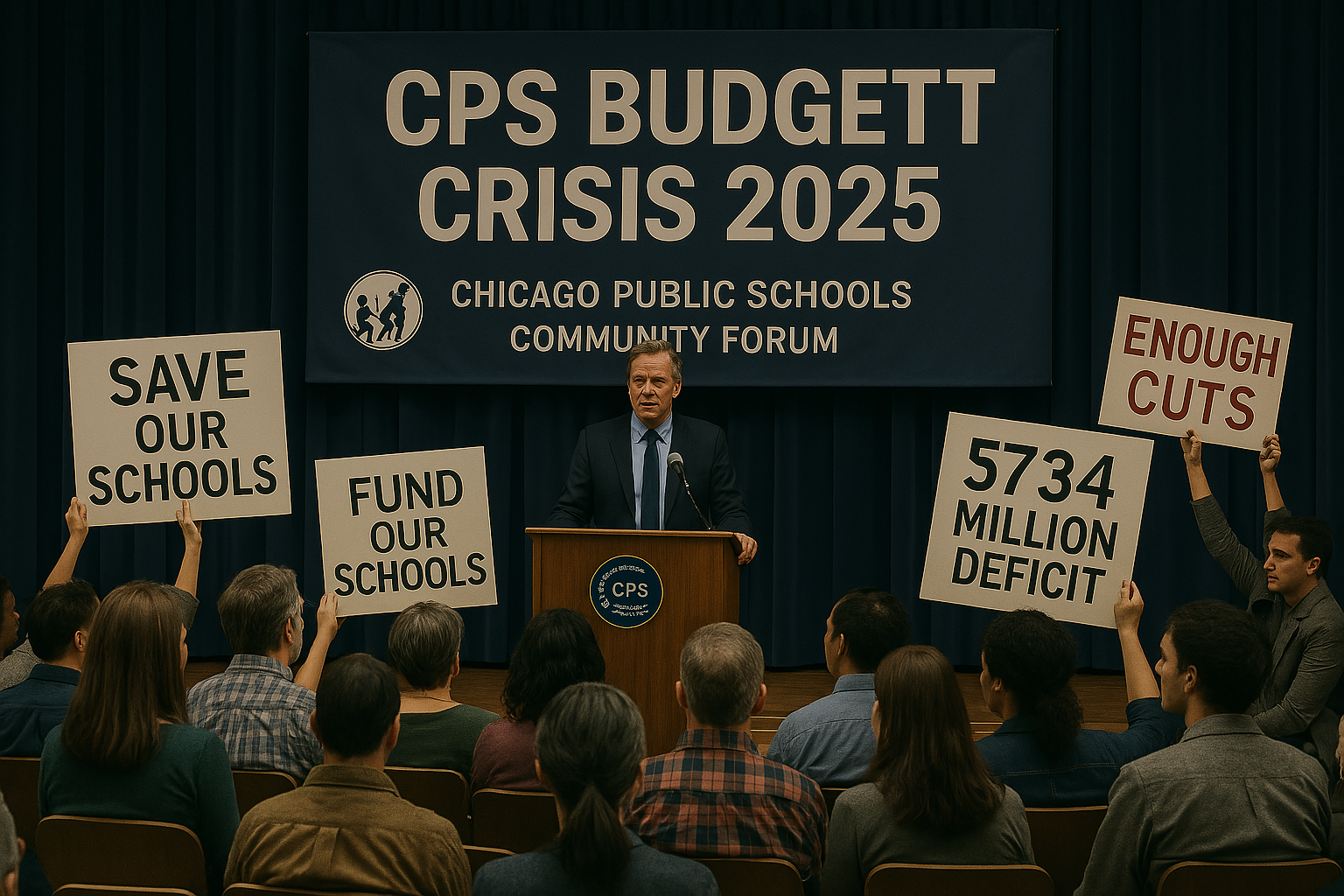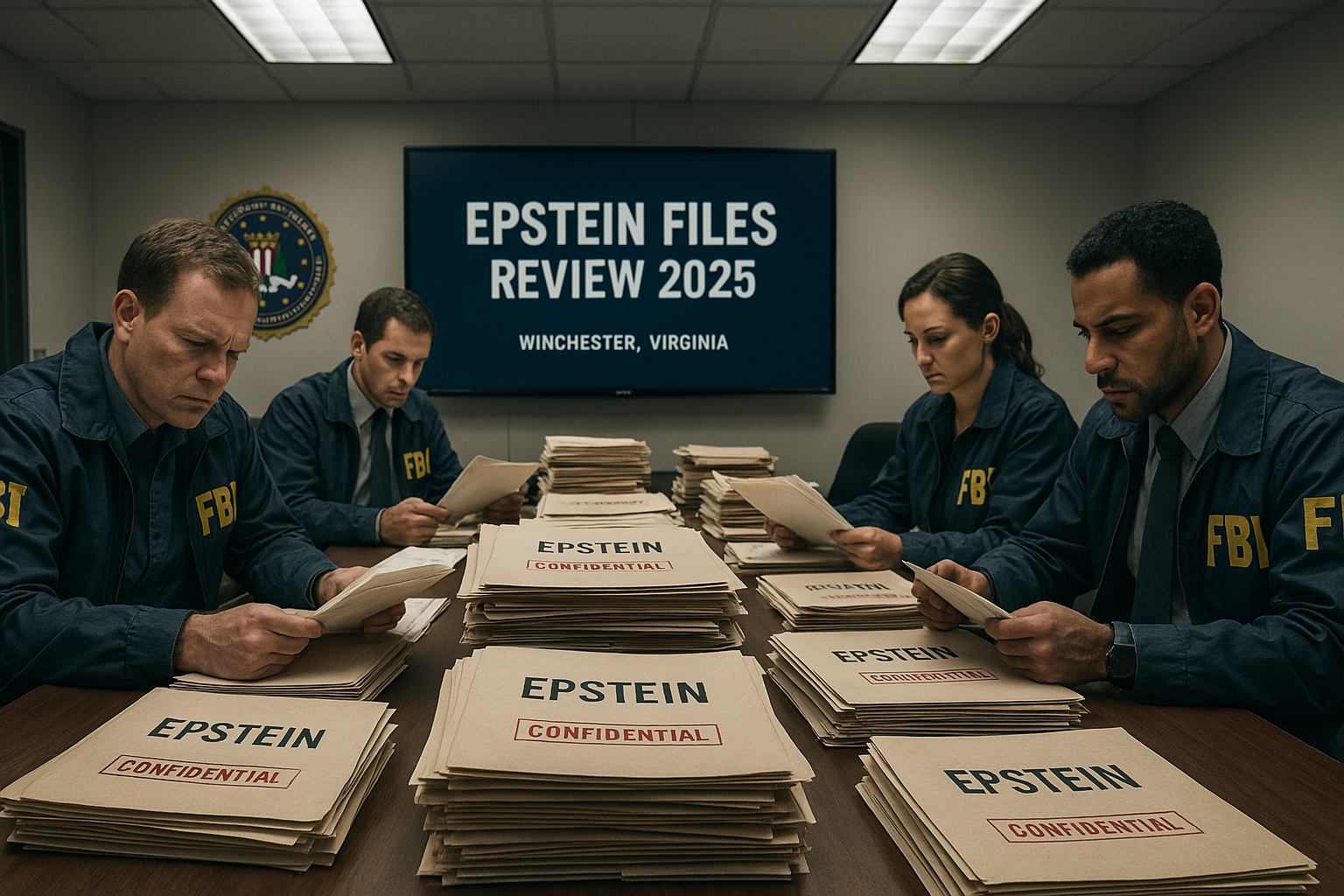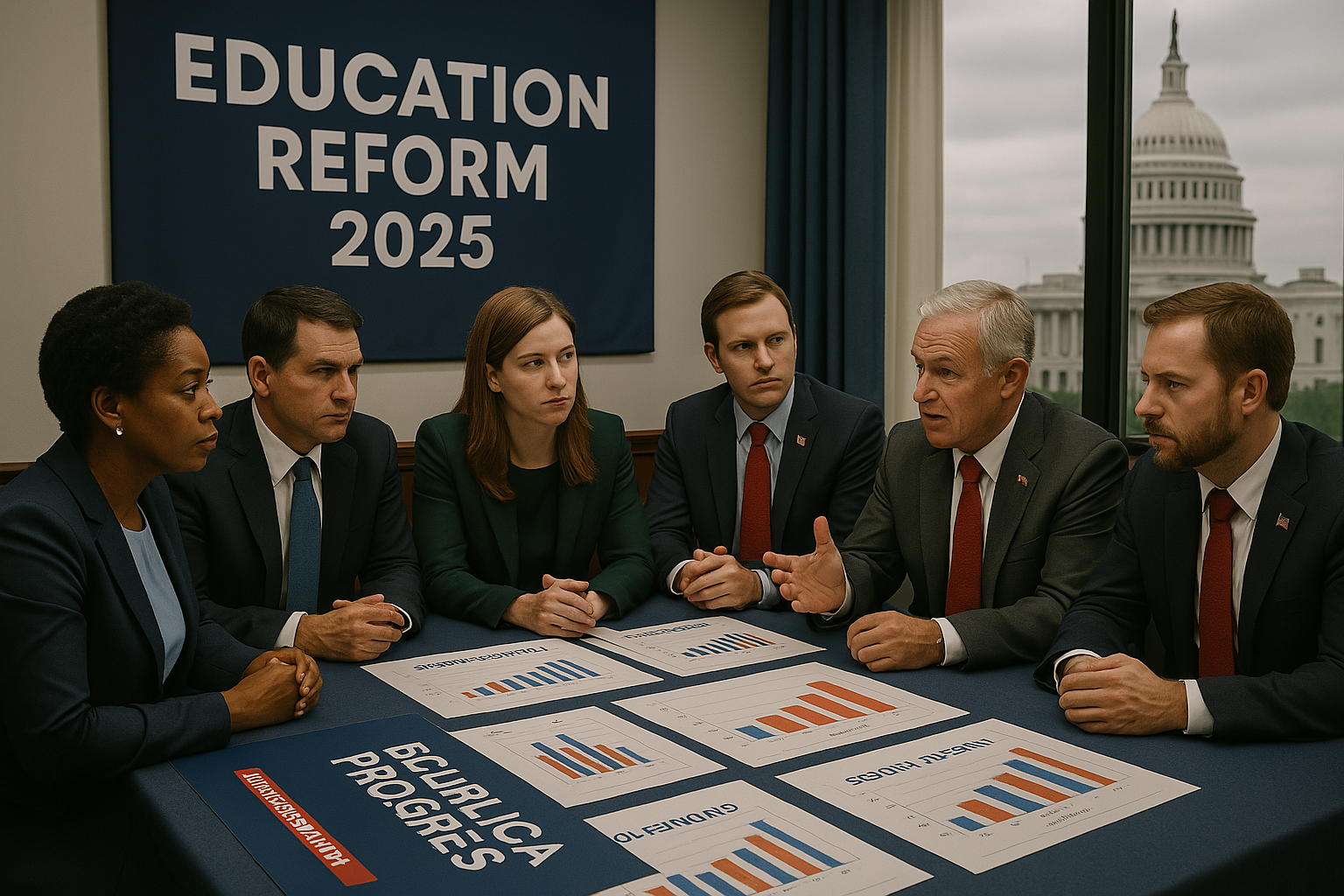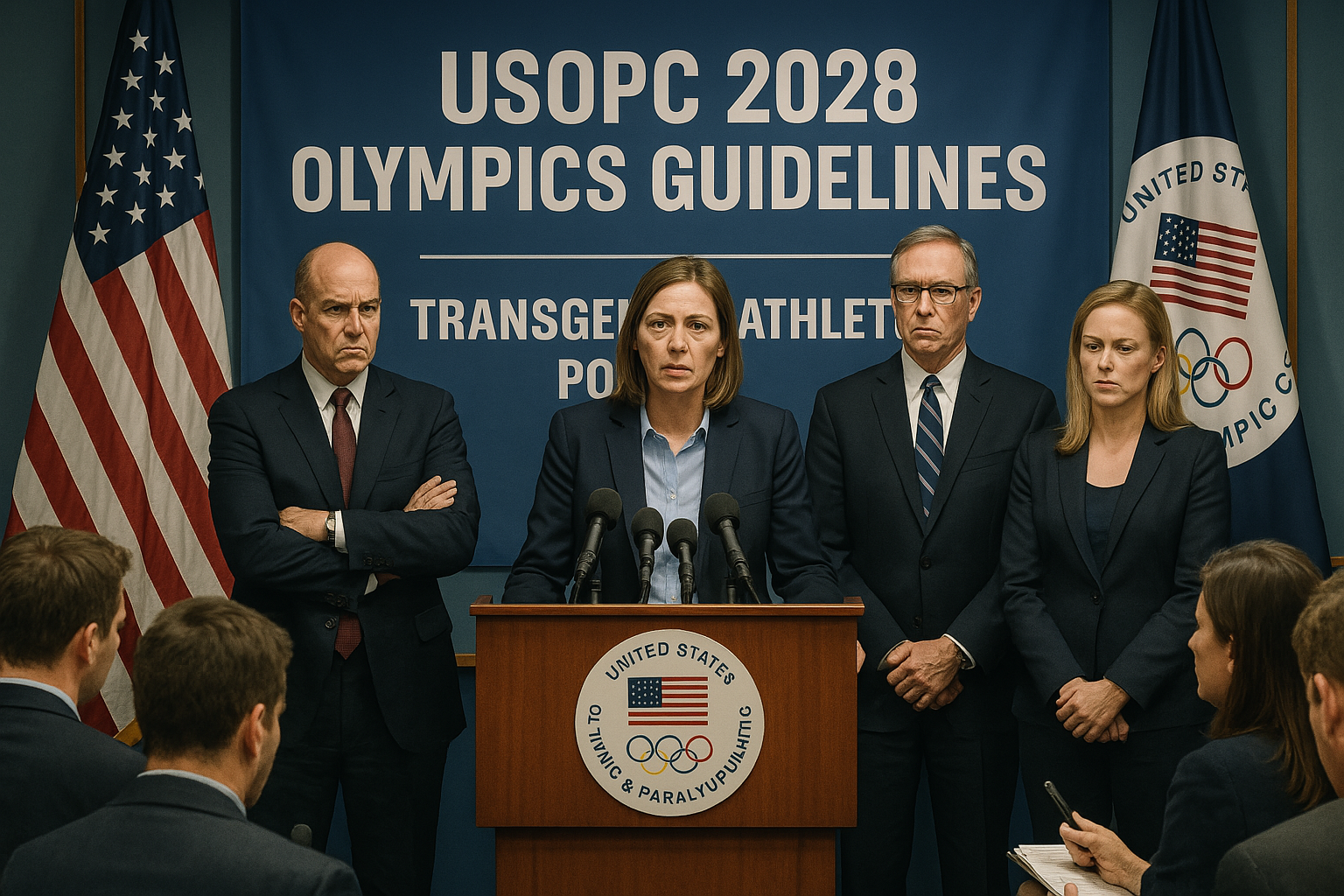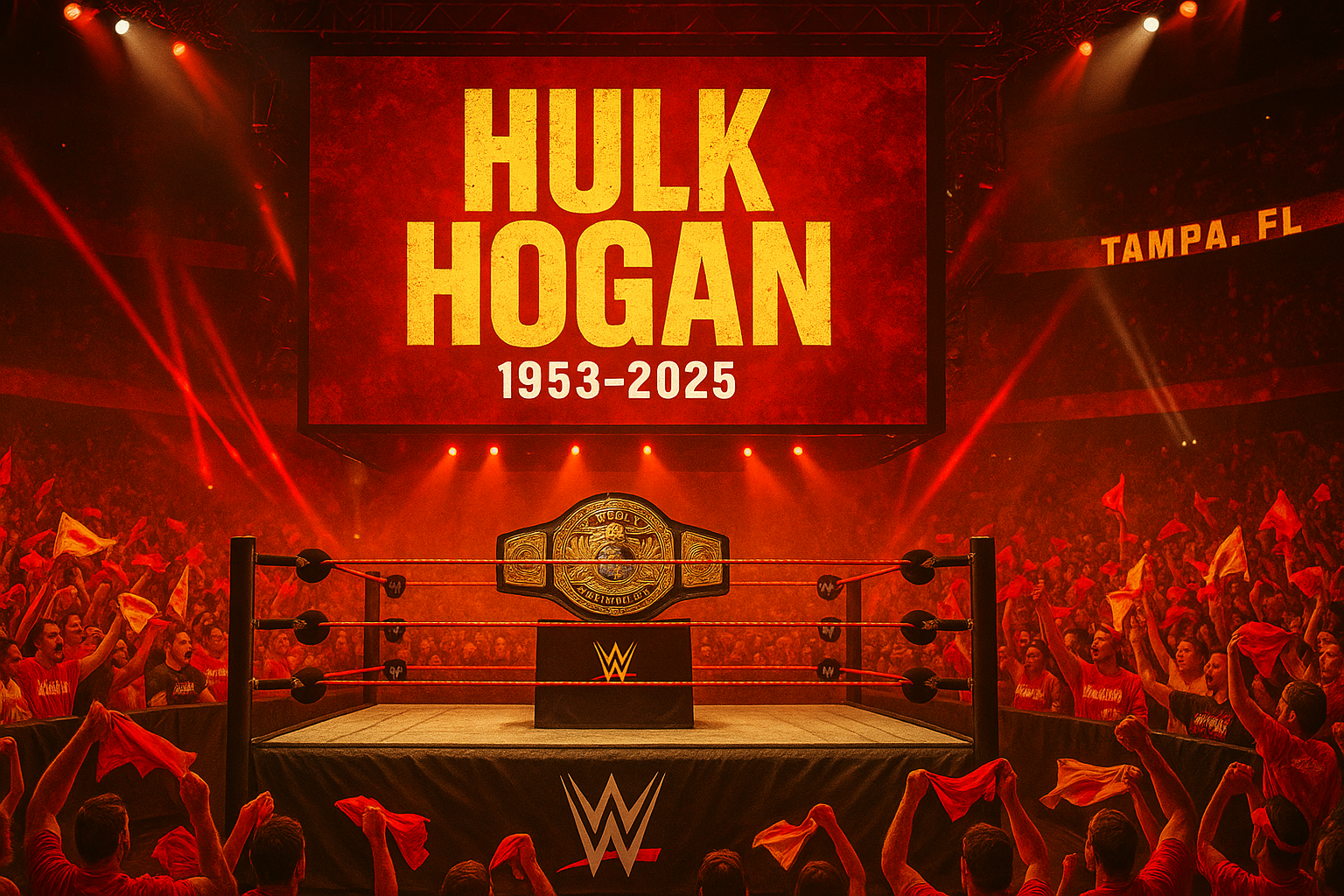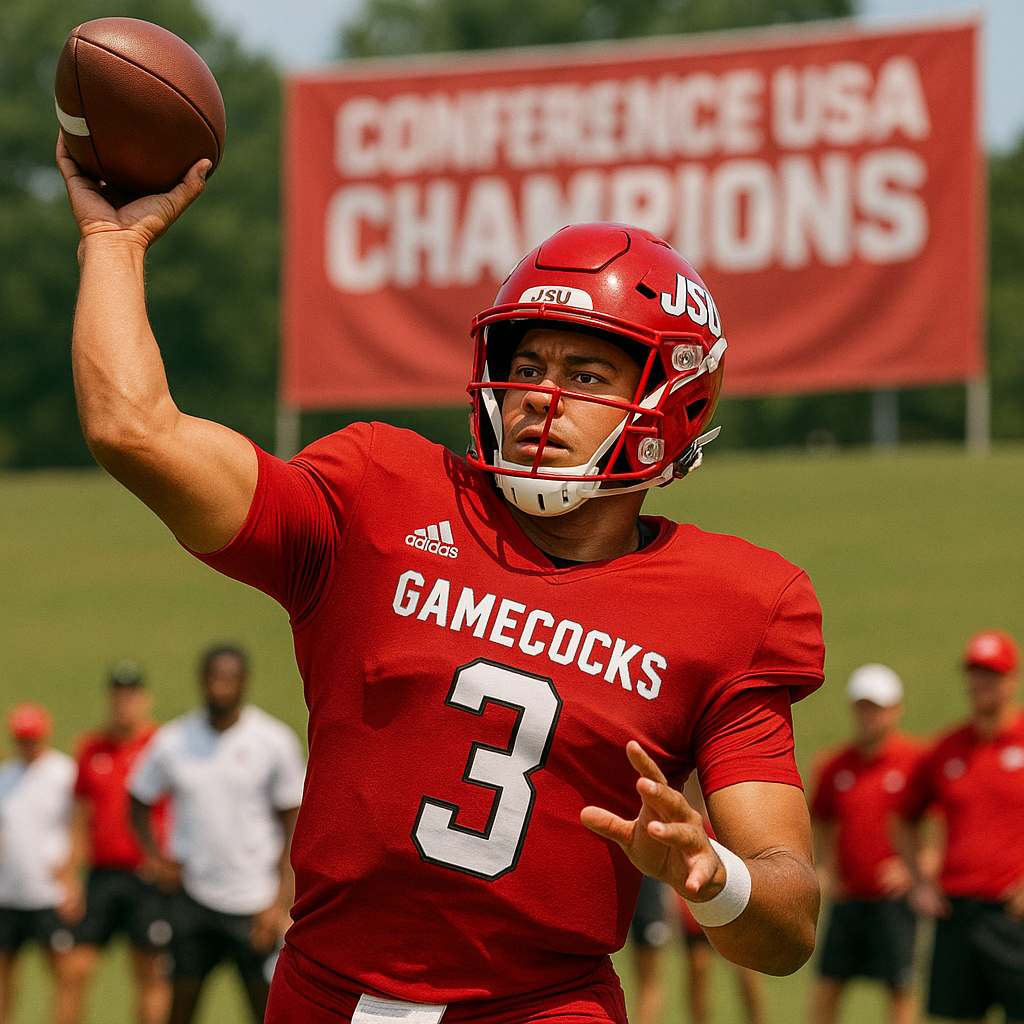Hulk Hogan Dies at 71: Wrestling Icon’s Legacy and Controversies
On July 24, 2025, the Chicago Tribune reported that Terry Gene Bollea, known worldwide as Hulk Hogan, died at age 71 in Clearwater, Florida, following a cardiac arrest. Hogan, a professional wrestling legend and pop culture icon, transformed the industry in the 1980s through his “Hulkamania” persona and was a central figure in WWE’s global rise. His death, confirmed by WWE and local authorities, prompted tributes but also reignited discussions about his controversial past, including racial slurs and a high-profile lawsuit against Gawker Media. This article explores Hogan’s death, his career, stakeholder reactions, and the societal implications of his complex legacy, drawing on the Tribune article and additional sources.
Details of Hulk Hogan’s Death
Hogan suffered a cardiac arrest at his Clearwater Beach home on July 24, 2025, at 9:51 a.m., according to the Clearwater Police Department. First responders arrived within minutes, performed CPR for 30 minutes, and transported him to Morton Plant Hospital, where he was pronounced dead at 11:17 a.m. Police Major Nate Burnside stated there were “no signs of foul play or suspicious activity,” and a standard death investigation is ongoing. Hogan’s family confirmed he was surrounded by loved ones at the time of death.
Hogan had faced significant health challenges, including 25 surgeries over the past decade for back, knee, hip, shoulder, eye, and abdominal issues, as he revealed on the IMPAULSIVE podcast in September 2024. In May 2025, he underwent major spinal fusion surgery, prompting rumors of a coma or being on his “deathbed,” which his wife, Sky Daily Hogan, and manager, Jimmy Hart, refuted, insisting his heart was “strong.” Despite these assurances, his health deteriorated, culminating in the fatal cardiac arrest.
Context of Hogan’s Career and Legacy
Hogan, born August 11, 1953, in Augusta, Georgia, debuted in professional wrestling in 1977 and rose to fame with the World Wrestling Federation (WWF, now WWE) in 1983. His “Hulkamania” persona—marked by red and yellow attire, a horseshoe mustache, and catchphrases like “Train, say your prayers, and eat your vitamins”—made him a household name. He headlined the first WrestleMania in 1985, teaming with Mr. T, and defeated Andre the Giant in 1987 at WrestleMania III before 93,173 fans, a defining moment dubbed “the bodyslam heard around the world.” Hogan won six WWE championships and was inducted into the WWE Hall of Fame in 2005 and again in 2020 as part of the New World Order (NWO).
Hogan’s charisma extended beyond wrestling. He starred in films like Rocky III (1982) as Thunderlips, No Holds Barred (1989), and Mr. Nanny (1993), and led the VH1 reality show Hogan Knows Best (2005–2007). He co-hosted Saturday Night Live in 1985 and had a CBS cartoon, Hulk Hogan’s Rock ‘n’ Wrestling. His net worth at death was estimated at $25 million, bolstered by a $31 million settlement from a 2016 lawsuit against Gawker Media, which published a 2007 sex tape without his consent, initially awarded at $140 million.
However, Hogan’s legacy is marred by controversies:
- Steroid Scandal: In 1994, he admitted to 13 years of steroid use during a federal trial against WWE co-founder Vince McMahon, damaging his heroic image.
- Racial Slur Incident: In 2015, a leaked sex tape revealed Hogan using racial slurs, leading to his temporary removal from the WWE Hall of Fame and public backlash. He was reinstated in 2018 but faced mixed reactions, including boos at his final WWE appearance in January 2025.
- Gawker Lawsuit: Funded by billionaire Peter Thiel, Hogan’s 2016 lawsuit against Gawker for publishing the sex tape resulted in the site’s bankruptcy, sparking debates over privacy versus press freedom.
- Political Alignment: A vocal supporter of Donald Trump, Hogan spoke at the 2024 Republican National Convention, revealing a Trump-Vance shirt and calling for “Trumpamania.” His remarks against Kamala Harris in 2024, offering to “body slam” her, drew criticism.
At the time of his death, Hogan was commissioner of Real American Freestyle, a new wrestling promotion set to launch on August 30, 2025, and was promoting his Real American Beer brand.
Stakeholder Reactions
WWE and Wrestling Community
WWE issued a statement on X: “WWE is saddened to learn WWE Hall of Famer Hulk Hogan has passed away. One of pop culture’s most recognizable figures, Hogan helped WWE achieve global recognition in the 1980s. WWE extends its condolences to Hogan’s family, friends, and fans.” Tributes from wrestlers included:
- Ric Flair: Called Hogan a “close friend” and “incredible athlete,” noting his support during personal crises.
- Kurt Angle: Credited Hogan for opening doors, stating, “There would not be a Kurt Angle without… Hulk Hogan.”
- John Cena: Posted a captionless photo of Hogan with Andre the Giant.
- Vince McMahon: Described Hogan as “the greatest WWE Superstar of all time” and a “global phenomenon.”
However, some, like Bret Hart and Jesse Ventura, harbored resentment over past professional disputes, with Hogan accused of undermining colleagues and thwarting a 1986 unionization effort.
Family and Associates
Hogan’s family posted on Instagram: “It is with a heavy heart and deep sadness that we confirm we have lost a legend… He will be missed, but never forgotten.” His wife, Sky Daily Hogan, and manager, Linda Bose, expressed heartbreak, with Bose calling him a “great human being.” Jimmy Hart’s optimistic health update two days prior underscored the suddenness of Hogan’s death.
Political Figures
- Donald Trump: Called Hogan a “great friend” and “MAGA all the way,” praising his RNC speech.
- JD Vance: Remembered Hogan as a “great American icon” and childhood hero.
- Ron DeSantis: Noted Hogan’s emotional resonance for Generation X.
- Mike Johnson: Recalled “fond memories” of Hogan from childhood and campaigning.
- Linda McMahon: As U.S. Secretary of Education and former WWE co-founder, described Hogan as a “dear friend” with an enduring legacy.
Public and Media
Public reactions on X were mixed. Fans mourned Hogan’s contributions, but others, like @cagesideseats, emphasized his controversies, calling him a “racist old man” booed by fans. @MappingFL noted his “tragic” pariah status due to scandals. Media outlets, including Slate, criticized Hogan’s opportunism and strained relationships with peers, suggesting his legacy was overshadowed by cruelty. Tributes from The New York Times, BBC, and ESPN acknowledged his cultural impact but highlighted controversies.
Societal and Policy Implications
- Wrestling’s Cultural Impact: Hogan’s role in mainstreaming wrestling through Hulkamania underscores the industry’s evolution into a multibillion-dollar entertainment sector. His influence paved the way for stars like Dwayne “The Rock” Johnson, but his controversies highlight wrestling’s challenges with accountability.
- Privacy and Media Ethics: The Gawker lawsuit, yielding a $140 million award, sparked debates over First Amendment rights versus privacy, influencing online media practices.
- Racial Accountability: Hogan’s 2015 racial slur scandal and partial reinstatement reflect ongoing tensions over forgiveness versus consequences in public life, paralleling debates in cases like the Epstein files.
- Health and Aging Athletes: Hogan’s extensive surgeries and cardiac arrest highlight the physical toll of wrestling, raising questions about long-term healthcare for performers, a concern echoed in Jesse Ventura’s thwarted 1986 union effort.
- Political Polarization: Hogan’s alignment with Trump and MAGA alienated some fans, as seen in his January 2025 boos, reflecting broader cultural divides evident in Paramount’s Trump settlement and Chicago Public Schools’ budget disputes.
Broader Context
Hogan’s death aligns with 2025 stories reflecting institutional accountability and public trust. The Epstein files review exposed political interference, while Chicago Public Schools’ $734 million deficit and IMPD officer arrests underscored systemic failures. Paramount’s settlement with Trump and UnitedHealth’s DOJ probes highlight corporate-political tensions, mirroring Hogan’s Gawker lawsuit. Locally, Hogan’s Clearwater ties and Real American Beer promotion connect to Florida’s cultural landscape, seen in DeSantis’s tribute and events like the Jersey Shore advisories. Globally, his mainstreaming of wrestling parallels media transformations in countries like Japan and Mexico, where wrestling is a cultural staple.
Conclusion
Hulk Hogan’s death at 71 from cardiac arrest marks the end of a transformative figure in wrestling and pop culture. His Hulkamania era elevated WWE to global prominence, but controversies—steroids, racial slurs, and legal battles—complicated his legacy. Tributes from WWE, Trump, and fans contrast with criticisms from peers and media, reflecting a polarized reception. Hogan’s story, set against 2025’s broader accountability debates, underscores the interplay of fame, flaws, and societal values. While his “24-inch pythons” and theatrics will endure in memory, his controversies ensure a legacy as complex as the man himself.

